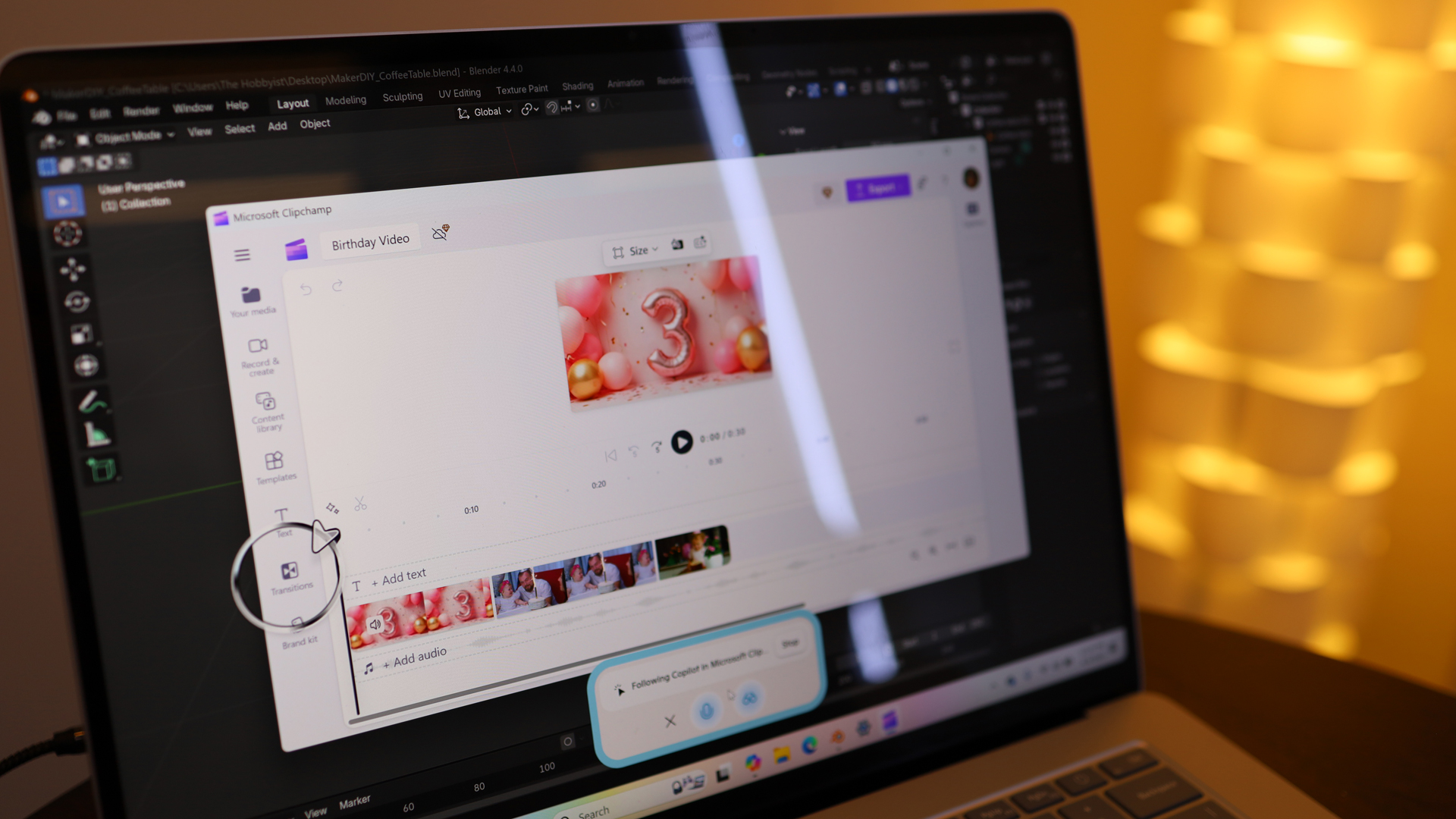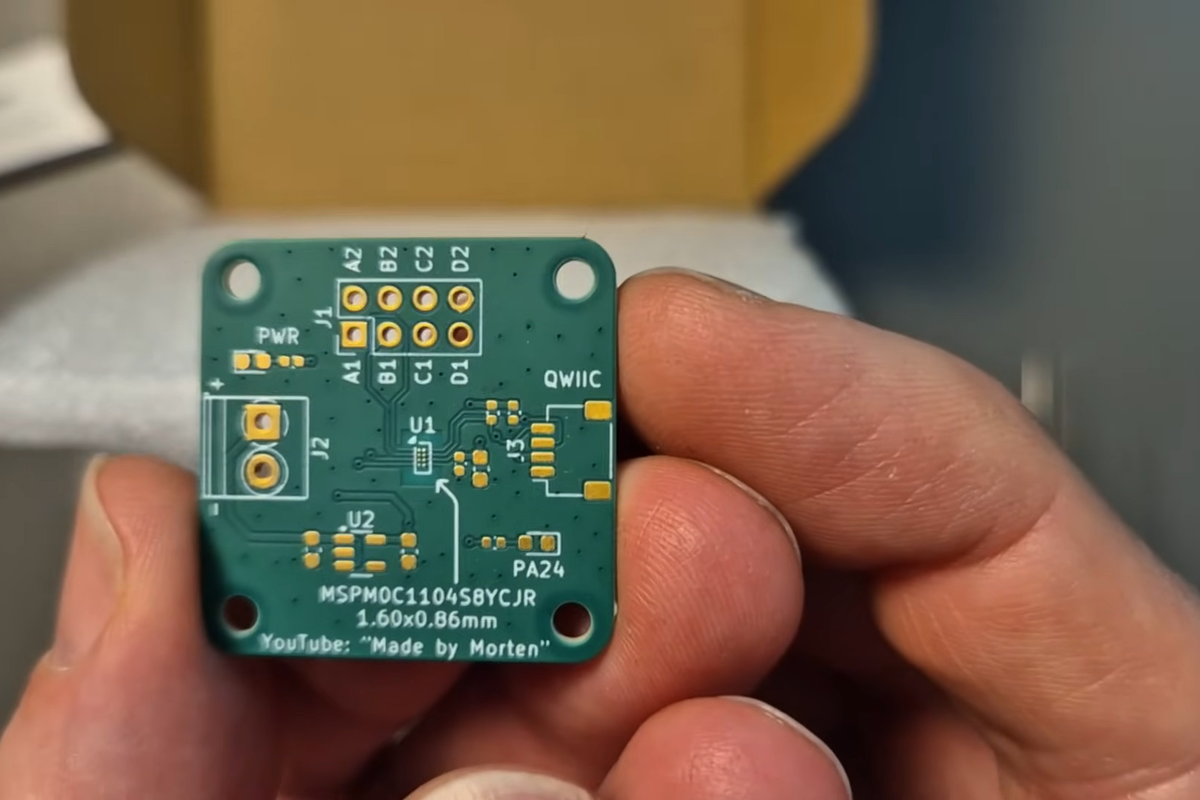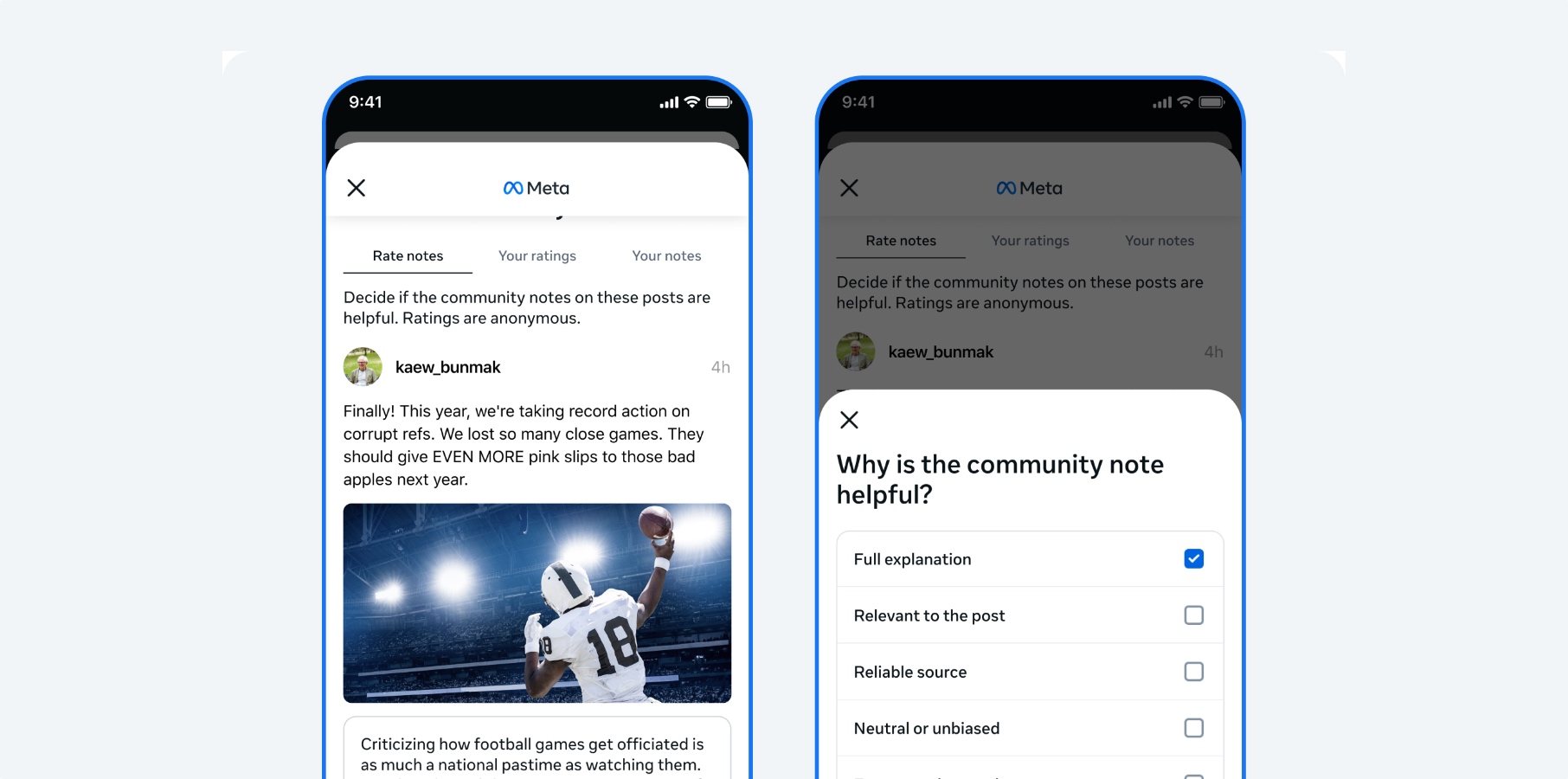Frida Penetration Testing Tool Kit Released With New APIs for Threat Monitoring
Frida 16.7.0, the latest version of the popular dynamic instrumentation toolkit, has powerful new APIs specifically designed for advanced threat monitoring and security analysis. This major update, announced on March 13, 2025, introduces groundbreaking capabilities that significantly enhance the toolkit’s utility for security researchers, penetration testers, and developers. This release’s standout feature is the introduction […] The post Frida Penetration Testing Tool Kit Released With New APIs for Threat Monitoring appeared first on Cyber Security News.

Frida 16.7.0, the latest version of the popular dynamic instrumentation toolkit, has powerful new APIs specifically designed for advanced threat monitoring and security analysis.
This major update, announced on March 13, 2025, introduces groundbreaking capabilities that significantly enhance the toolkit’s utility for security researchers, penetration testers, and developers.
This release’s standout feature is the introduction of dedicated APIs for monitoring the life cycles of threads and modules in running applications.
These capabilities address a fundamental challenge in dynamic instrumentation: tracking the ever-changing nature of software execution.
“One challenging aspect when instrumenting software is to deal with the dynamic nature of things, from threads starting and terminating, to modules being loaded and unloaded,” notes Ole André V. Ravnås, Frida’s creator.
The new Process.attachThreadObserver() API enables real-time monitoring of thread creation, termination, and renaming. This eliminates the need for complex OS-specific hooking that previously required substantial cross-platform maintenance.
Similarly, the Process.attachModuleObserver() API provides synchronous notifications when modules are loaded or unloaded, offering ideal timing for instrumentation before applications can use newly loaded code.
Advanced Profiling and Measurement Capabilities
This release also exposes Gum’s profiling library to JavaScript, introducing a lightweight worst-case profiler built on top of Interceptor along with six different sampler implementations:
- CycleSampler: measures CPU cycles.
- BusyCycleSampler: measures CPU cycles used only by the current thread.
- WallClockSampler: measures passage of time.
- UserTimeSampler: measures time spent in user-space by specific threads.
- MallocCountSampler: counts memory allocation calls.
- CallCountSampler: counts calls to functions of interest.
These tools enable precise performance measurement and optimization of security testing workflows.
For security professionals, these enhancements offer unprecedented visibility into application behavior. The ability to monitor thread and module lifecycles provides critical insights for identifying potential vulnerabilities and understanding attack surfaces.
“Frida is widely used in the field of security assessments, penetration testing, and vulnerability research. Security professionals use Frida to identify and exploit security vulnerabilities in applications,” notes security experts at Fingerprint.
However, security vendors are already developing countermeasures. Companies like Appdome have created features specifically designed to detect Frida server implementations in mobile apps as part of their security offerings.
Frida continues to support multiple platforms, including Windows, macOS, GNU/Linux, iOS, watchOS, tvOS, Android, FreeBSD, and QNX, making it an essential cross-platform toolkit for security researchers.
With these powerful new APIs, Frida 16.7.0 sets a new standard for dynamic threat monitoring and analysis tools, further cementing its position as the go-to solution for security professionals seeking to understand and improve application security.
Investigate Real-World Malicious Links & Phishing Attacks With Threat Intelligence Lookup - Try 50 Request for Free
The post Frida Penetration Testing Tool Kit Released With New APIs for Threat Monitoring appeared first on Cyber Security News.






















































.jpg)
%20Abstract%20Background%20112024%20SOURCE%20Amazon.jpg)


















































































































![[The AI Show Episode 142]: ChatGPT’s New Image Generator, Studio Ghibli Craze and Backlash, Gemini 2.5, OpenAI Academy, 4o Updates, Vibe Marketing & xAI Acquires X](https://www.marketingaiinstitute.com/hubfs/ep%20142%20cover.png)
































































































































![From drop-out to software architect with Jason Lengstorf [Podcast #167]](https://cdn.hashnode.com/res/hashnode/image/upload/v1743796461357/f3d19cd7-e6f5-4d7c-8bfc-eb974bc8da68.png?#)
















































.png?#)



























































































_Christophe_Coat_Alamy.jpg?#)












































































































![Rapidus in Talks With Apple as It Accelerates Toward 2nm Chip Production [Report]](https://www.iclarified.com/images/news/96937/96937/96937-640.jpg)






































































































































